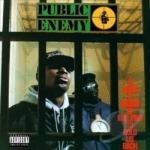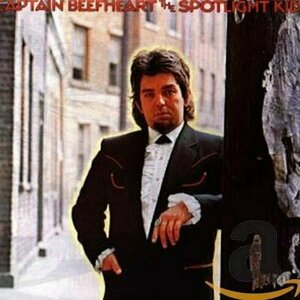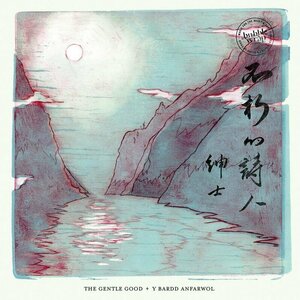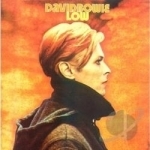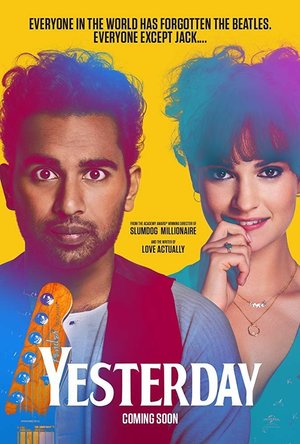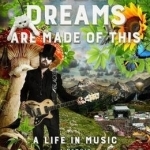
Sweet Dreams are Made of This: A Life in Music
Book
A no-holds-barred look into the remarkable life and career of the prolific musician, songwriter, and...

Are We Having Any Fun Yet?: The Cooking & Partying Handbook
Book
Indulge yourself in the superstar rocker and #1 New York Times bestselling author's raucous and...

GLD OneMix
Music
App
GLD OneMix personal monitor control application V1.51 for iPad. Important! - This version is for...
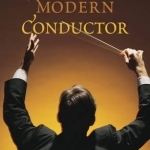
A Dictionary for the Modern Conductor
Book
Titles in Dictionaries for the Modern Musician: A Scarecrow Press Music Series offer both the novice...
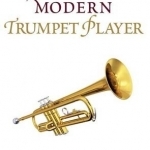
A Dictionary for the Modern Trumpet Player
Book
Titles in Dictionaries for the Modern Musician series offer both the novice and the advanced artist...
DJ Muggs recommended It Takes a Nation of Millions to Hold Us Back by Public Enemy in Music (curated)
Ian Anderson recommended The Spotlight Kid/Clear Spot by Captain Beefheart in Music (curated)
James Dean Bradfield recommended Y Bardd Anfarwol by The Gentle Good in Music (curated)
Graham Massey recommended Low by David Bowie in Music (curated)
Kim Pook (101 KP) rated Yesterday (2019) in Movies
Jul 26, 2021
As someone who wasn't around when the beatles were around, I wasn't sure if I would like this movie, but I actually enjoyed it. I recognised many songs as I grew up with a dad who is a massive fan and even found myself singing along, though there were a few I had never heard of.
Ed sheeran is a surprisingly good actor too and makes a great addition to the cast, I did find it funny when his phones ringtone was one of his own songs.
The movie has a good mixture of drama and comedy, when it first started I expected it to be a slapstick comedy, but thankfully it wasn't that at all.
I quite liked the scene with John lennon, I've seen him in pictures and Documentaries and he looked so much like him. It was lovely to see what could have been.
The ending didn't end how I expected it to end, I won't spoil it but if you think of the ending of every movie where someone or something changes, for example switching bodies and you'll know what I mean.
Overall it was a good movie and I definitely recommend it, even if you're not a beatles fan.
